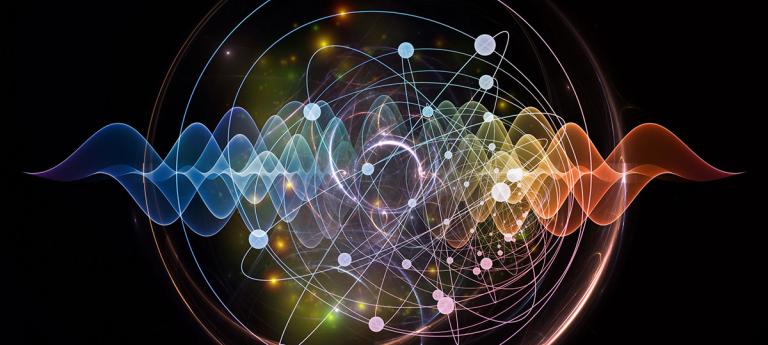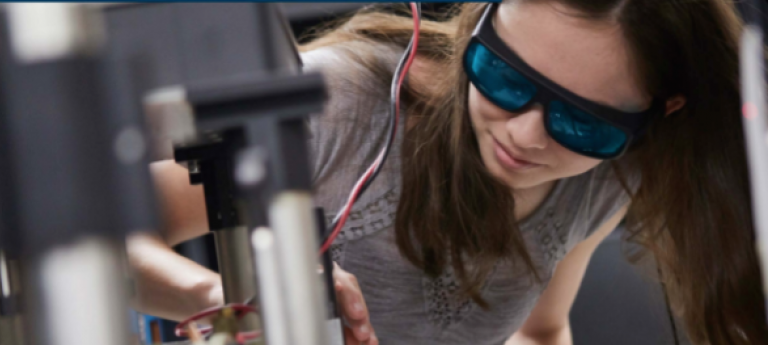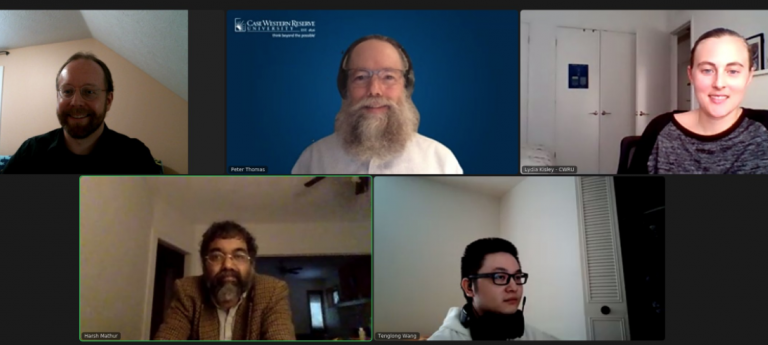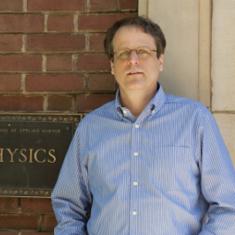What to Expect
In our 30-credit-hour degree program—which you can complete in three to four semesters—you’ll have your choice of a thesis or examination option.
No matter your selection, you’ll take classes such as Quantum Mechanics I and Classical Electromagnetism, plus anywhere from 15 to 24 hours of other courses, depending on your program.
Or tap into your startup side with our entrepreneurship track—a tailored program in which you take graduate-level courses in science, engineering, technology innovation, intellectual property commercialization, and finance. Nearly one-third of the program is experiential learning, through which you’ll work as a paid intern or employee within an existing company or as an entrepreneur with your own venture.
We keep our entrepreneurship cohorts small (three to five new students) to facilitate significant personal attention from faculty and mentors in crafting and realizing your goals. PEP will connect you with mentors, advisors, partners, funding sources and job opportunities, as well as help you build a lasting network.





